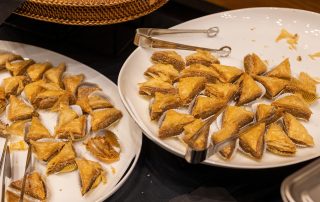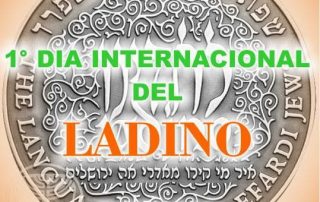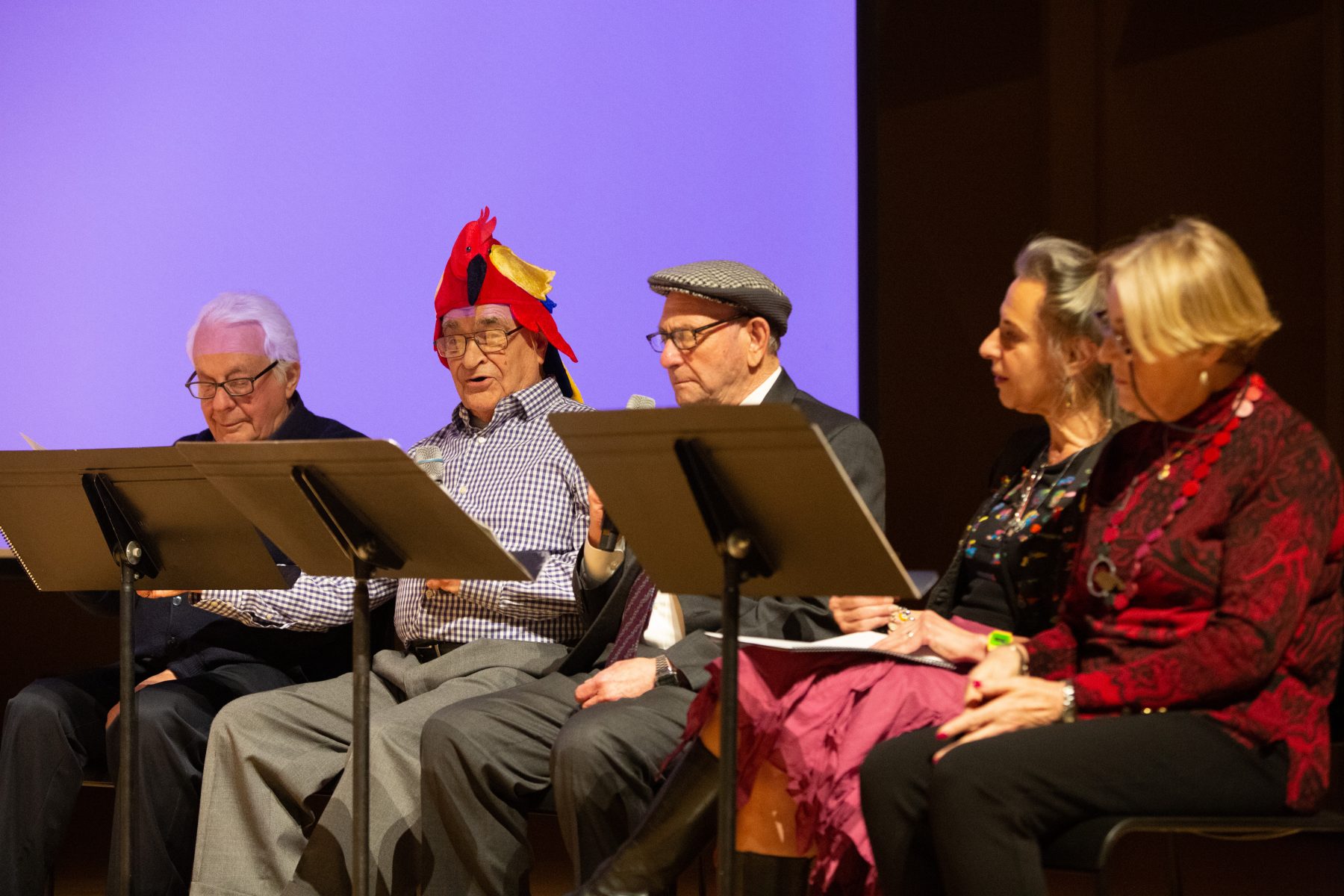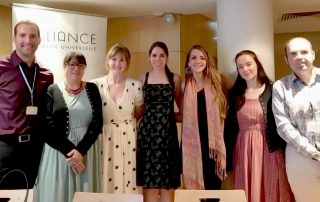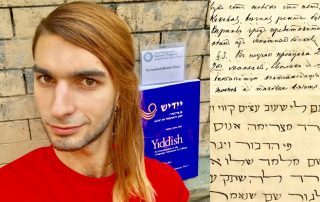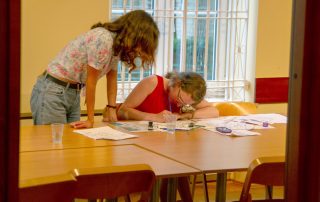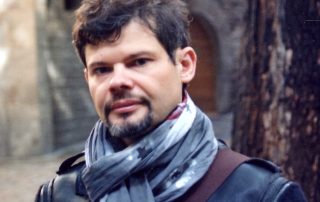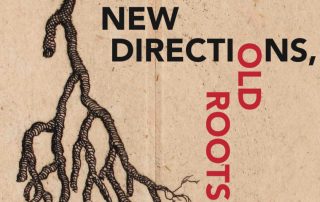Food for thought: Learning culture, cooking, and verb conjugations through Sephardic recipes
Student Stephanie Dossett recalls her experience learning from Professor Canan Bolel in the Ladino Language and Culture course, which inspired her to cook and bake Sephardic foods.

